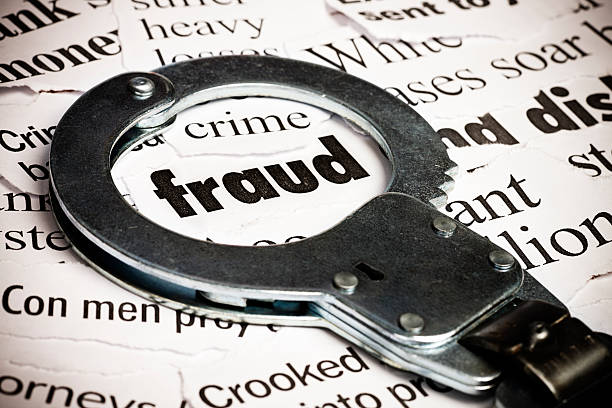In the rental market, being a landlord can be both lucrative and daunting. Unfortunately, there’s a rising trend of fraudsters trying to scam landlords. It’s essential to be informed about the prevalent landlord scams and to adopt robust risk mitigation measures. This guide delves into the common scams faced by landlords and offers practical steps to safeguard your property and financial assets.
Rental Application Fraud
Rental application fraud is a common tactic employed by scammers seeking to secure tenancy through deceptive means. To mitigate this risk, landlords should establish a robust tenant screening process. Thoroughly verify applicant information, including employment history, references, and financial details. Request supporting documentation such as pay stubs and identification. Conducting background checks, credit checks, and contacting previous landlords are vital steps in assessing the credibility of potential tenants.
Fake Rental Listings
Scammers often create fake rental listings, enticing unsuspecting tenants to pay upfront fees or deposits for properties that don’t exist or that they have no authority to rent out. To combat this scam, landlords should utilize reputable rental platforms with stringent security measures. Research the platform’s reputation and consider those that offer identity verification for tenants. Encourage prospective tenants to visit the property and meet in person before any financial transactions occur.
Rent Payment Scams
Rent payment scams can leave landlords out of pocket if they fall victim to overpayment or fraudulent payment methods. To minimize this risk, landlords should establish secure payment methods such as bank transfers or reputable online payment platforms. Avoid accepting cash or money orders, as they can be easily counterfeited. Exercise caution if a tenant overpays rent and requests a refund for the excess amount, as scammers often exploit this tactic. Verify the legitimacy of any payment before taking any action.
Subletting Scams
Subletting scams, where tenants secretly lease out properties without a landlord’s approval, can cause significant legal and financial issues. To safeguard against these scams, it’s crucial to incorporate clear clauses in rental agreements prohibiting subletting without written permission. Engage in regular communication with your tenants and carry out consistent property inspections to spot any unauthorized subletting. If you suspect or learn about illicit subletting, address the situation immediately and, if required, take the necessary legal measures.
Phishing and Email Scams
Phishing and email scams target landlords through deceptive emails that appear to be from legitimate sources such as banks or government agencies. These emails aim to extract personal information, financial details, or login credentials. To protect against phishing scams, exercise caution when responding to emails requesting sensitive information. Verify the legitimacy of emails by directly contacting the purported sender using verified contact information. Educate yourself and your tenants about the signs of phishing scams, such as misspellings, suspicious attachments, or urgent requests for personal information.
Property Damage Scams
Some unscrupulous tenants may intentionally cause damage to a property and then attempt to evade responsibility or demand compensation from landlords. Mitigate property damage scams by conducting thorough move-in and move-out inspections with comprehensive documentation. Take photographs and video recordings of the property’s condition before and after each tenancy. Establish clear guidelines for reporting damages and promptly address any concerns or repair requests. Consider implementing routine inspections to identify potential issues early on.
Identity Theft
Landlords are not immune to identity theft, where scammers use their personal information for fraudulent activities. Protect your personal information by securing physical and digital documents containing sensitive data. Shred or securely dispose of any papers with personal or financial details. Use secure storage and password-protected systems for digital records. Regularly monitor your credit reports and financial accounts for any suspicious activity. Implement multi-factor authentication for online accounts to add an extra layer of security.
Conclusion
Being aware of the common ways landlords get scammed and implementing effective risk mitigation strategies is paramount in safeguarding your property and financial interests. Thorough tenant screening, utilizing reputable rental platforms, secure payment methods, and proactive property management are crucial elements in mitigating scams. Educate yourself and your tenants about the latest scam tactics, staying vigilant, and maintaining open lines of communication. By taking these preventive measures, you can significantly reduce the risk of falling victim to scams and protect your property investments.



